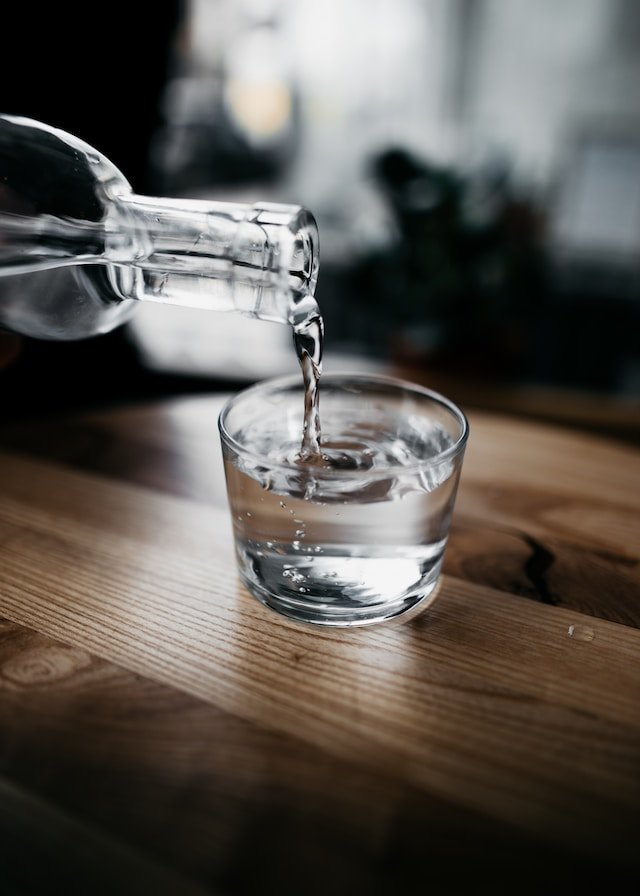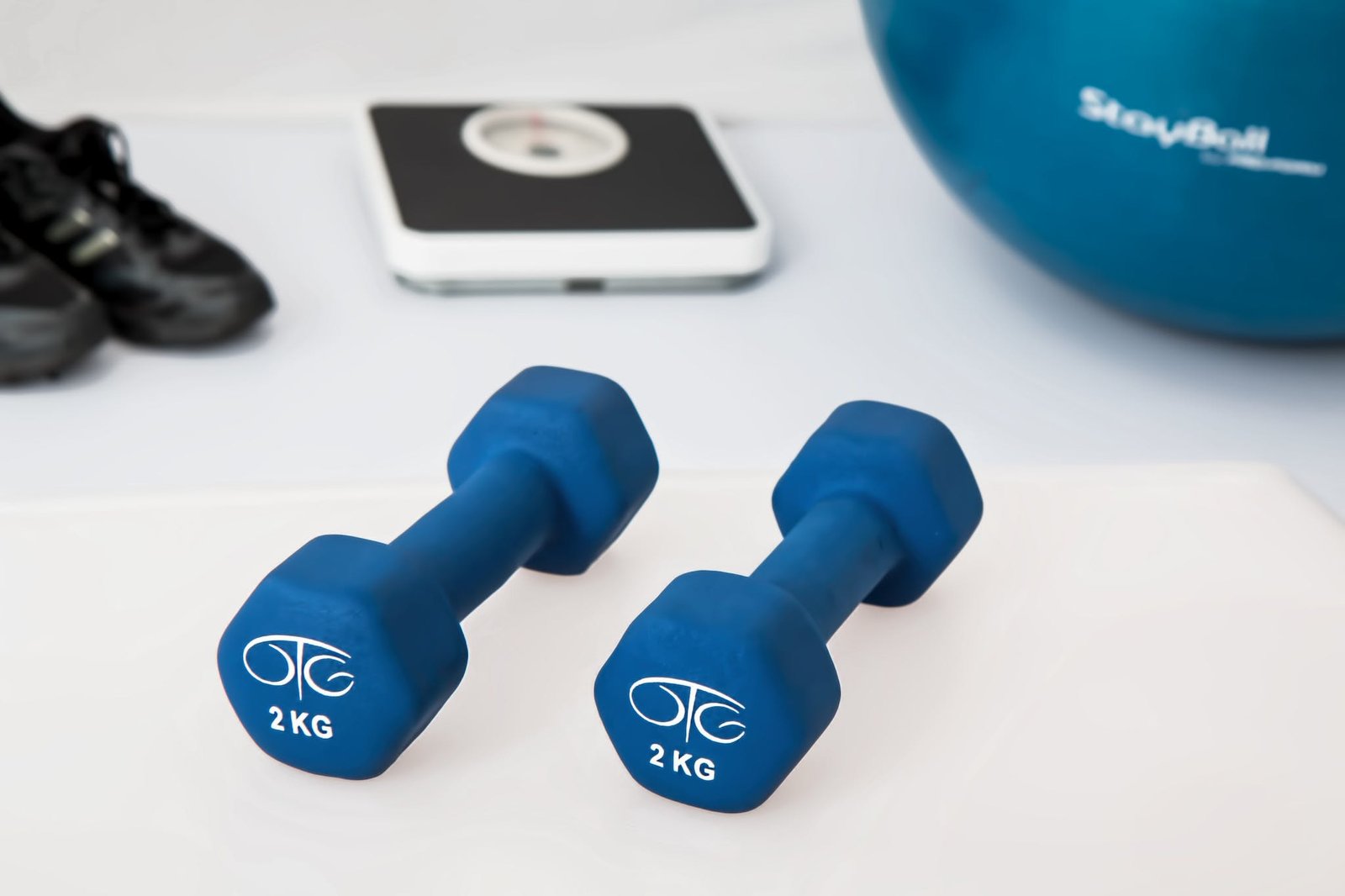How Your Body Uses Water for Daily Functions
There are some affiliate links below, but they are all products I highly recommend. For more info, view my disclosure here.
Do you ever stop to think about how your body uses water to keep you functioning every day? It’s not just about quenching your thirst. Water plays a vital role in many of your body’s essential functions, from digestion and circulation to temperature regulation and waste removal.
In this article, we’ll explore the incredible ways water keeps your body in tip-top shape. So grab a glass of water and let’s dive in!
Digestion and Absorption
You need water for your body to properly digest and absorb nutrients from the food you eat. When you eat a meal, your body begins the process of digestion, breaking down the food into smaller particles. Water plays a crucial role in this process.
As you chew your food, saliva mixes with it, forming a bolus that can be easily swallowed. Once in your stomach, water helps to further break down the food, creating a mixture called chyme. This mixture then moves into your small intestine, where the majority of nutrient absorption takes place.
The lining of your small intestine contains tiny finger-like projections called villi, which are responsible for absorbing the nutrients from the chyme and transferring them into your bloodstream. Water is essential for this process, as it helps to transport the nutrients across the intestinal wall and into your blood vessels.
Without an adequate amount of water, your body would struggle to break down food properly and absorb the nutrients it needs for energy and overall health. So, remember to keep yourself hydrated to support efficient digestion and nutrient absorption.
Blood Circulation and Oxygen Delivery
To keep your body functioning properly, it needs a sufficient amount of water to ensure efficient blood circulation and delivery of oxygen. Water plays a crucial role in maintaining a healthy cardiovascular system. When you’re dehydrated, your blood volume decreases, making it harder for your heart to pump blood throughout your body. This can lead to a decrease in oxygen delivery to your organs and tissues, causing fatigue and decreased performance.
Water helps maintain the viscosity of your blood, allowing it to flow smoothly through your blood vessels. It also helps in the production of red blood cells, which carry oxygen to your body’s tissues. Without enough water, your blood becomes thicker and more prone to clotting, increasing the risk of cardiovascular diseases.
Furthermore, water assists in regulating your body temperature. When you’re overheated, your body sweats to cool down. Sweating is your body’s way of releasing heat and maintaining a stable internal temperature. However, if you’re dehydrated, your body may not produce enough sweat, leading to overheating and potential heat stroke.
Temperature Regulation
When it’s hot outside, your body sweats to regulate its temperature and prevent overheating. Sweating is your body’s natural way of cooling down. As the sweat evaporates from your skin, it takes away heat and cools you off. This process is essential for maintaining a stable body temperature.
Your body has a built-in thermostat called the hypothalamus, which constantly monitors your internal temperature. When the temperature rises, the hypothalamus sends signals to your sweat glands, telling them to produce sweat. The sweat is mostly made up of water and some electrolytes, such as sodium and potassium. As the sweat is released onto your skin, it evaporates due to the heat, taking away excess heat from your body.
In addition to sweating, your body also uses other mechanisms to regulate temperature. Your blood vessels dilate, allowing more blood to flow close to the surface of your skin. This helps to release heat from your body. You may also notice that you feel flushed or your skin appears redder when it’s hot outside. On the other hand, when it’s cold, your blood vessels constrict to reduce blood flow to the skin and conserve heat.
Proper hydration is crucial for effective temperature regulation. When you sweat, you lose water from your body. It’s important to replace this lost water by drinking fluids to avoid dehydration. Remember to drink plenty of water, especially during hot weather or when engaging in physical activities that make you sweat. By staying hydrated, you help your body maintain its temperature and prevent overheating.
Lubrication of Joints and Tissues
As you move, the synovial fluid in your joints lubricates them, reducing friction and allowing for smooth and pain-free movement. This fluid is a thick, viscous substance that’s produced by the synovial membrane, which lines the joint capsule. It acts as a cushion, absorbing shock and providing nourishment to the cartilage that covers the ends of the bones. Without proper lubrication, the friction between the bones would increase, leading to wear and tear, inflammation, and ultimately, joint pain.
The synovial fluid contains a variety of substances that contribute to its lubricating properties. One of these substances is hyaluronic acid, which helps to maintain the viscosity and elasticity of the fluid. Another important component is glycoproteins, which form a protective layer on the surface of the cartilage, reducing friction and preventing damage. Additionally, the synovial fluid contains nutrients, such as oxygen and glucose, which are essential for the health and repair of the joint tissues.
To ensure adequate lubrication of your joints, it’s important to stay hydrated. Water is essential for the production of synovial fluid and the maintenance of its lubricating properties. Dehydration can lead to a decrease in the quantity and quality of the synovial fluid, resulting in joint stiffness, pain, and decreased range of motion. So, make sure to drink enough water throughout the day to keep your joints well-lubricated and functioning smoothly.
Waste Removal and Detoxification
Drinking enough water is essential for keeping your joints well-lubricated and functioning smoothly, as it helps remove waste and toxins from your body. Your body relies on water to carry out various functions, including waste removal and detoxification. When you drink an adequate amount of water, it helps to flush out waste products and toxins from your organs, tissues, and cells. Water acts as a natural cleanser, helping to eliminate harmful substances that can accumulate in your body over time.
Water plays a crucial role in supporting your body’s detoxification processes. It helps to regulate your body temperature, supports digestion, and aids in the excretion of waste through urine and sweat. Additionally, water helps to transport nutrients and oxygen to your cells, while also removing waste products generated by cellular metabolism.
Without enough water, your body may struggle to efficiently eliminate waste and toxins, leading to various health issues. Dehydration can cause a buildup of waste products in your kidneys, impairing their ability to filter blood effectively. This can result in kidney stones, urinary tract infections, and other kidney-related complications.
To ensure proper waste removal and detoxification, it’s recommended to drink at least eight glasses of water per day. Remember to listen to your body’s signals and increase your water intake if you engage in activities that cause you to sweat excessively or if you notice changes in your urine color or frequency. Stay hydrated and keep your body functioning at its best.
Brain and Nervous System Function
To keep your brain and nervous system functioning properly, it’s important to stay hydrated and drink enough water throughout the day. Your brain is made up of about 75% water, and even mild dehydration can impair its cognitive function. Water plays a crucial role in maintaining the balance of electrolytes in your body, which is essential for proper nerve function. When you’re dehydrated, your brain cells can shrink, leading to headaches, fatigue, and difficulty concentrating.
Drinking enough water also helps to ensure that your nervous system is operating at its best. The nervous system relies on electrical impulses to send messages between your brain and the rest of your body. These signals need water to be transmitted efficiently. When you’re dehydrated, the communication between your brain and body can be disrupted, leading to slower reflexes and impaired coordination.
In addition to its role in maintaining brain and nervous system function, water also helps to protect and cushion your brain and spinal cord. It acts as a shock absorber, preventing them from being damaged by impact or injury. Staying properly hydrated can also help to reduce the risk of developing certain neurological conditions, such as migraines and Alzheimer’s disease.
Skin Health and Hydration
Keeping your skin hydrated is essential for maintaining its health and appearance. Your skin is the largest organ in your body and plays a vital role in protecting you from external factors such as bacteria and harmful UV rays. When your skin is dehydrated, it can become dry, flaky, and prone to various problems like itching and irritation.
Drinking an adequate amount of water is one of the simplest and most effective ways to keep your skin hydrated. Water helps to moisturize your skin from within, improving its elasticity and preventing dryness. It also helps to flush out toxins, which can contribute to skin issues like acne and dullness. Additionally, water aids in the production of collagen, a protein that keeps your skin firm and youthful.
In addition to drinking water, you can also use topical moisturizers to lock in hydration and keep your skin soft and supple. Look for products that contain ingredients like hyaluronic acid, glycerin, and ceramides, as they help to attract and retain moisture in your skin.
Energy Production and Metabolism
Now let’s talk about how your body produces energy and keeps your metabolism running smoothly. Your body is like a well-oiled machine, constantly working to provide you with the energy you need to function.
When you eat food, your body breaks it down into molecules called glucose. Glucose is the primary source of energy for your cells. Through a process called cellular respiration, your cells convert glucose into a usable form of energy called ATP (adenosine triphosphate).
This energy production process occurs in tiny structures within your cells called mitochondria. Think of mitochondria as the powerhouses of your body. They take in glucose and oxygen and produce ATP, which fuels your muscles, organs, and every other part of your body.
Your metabolism plays a crucial role in this energy production process. It refers to all the chemical reactions that occur in your body to maintain life. A faster metabolism means your body can efficiently convert food into energy, keeping you energized throughout the day.
To keep your energy production and metabolism in check, it’s important to eat a balanced diet, exercise regularly, and stay hydrated. Taking care of your body will ensure that it continues to function at its best, providing you with the energy you need to tackle whatever comes your way.







